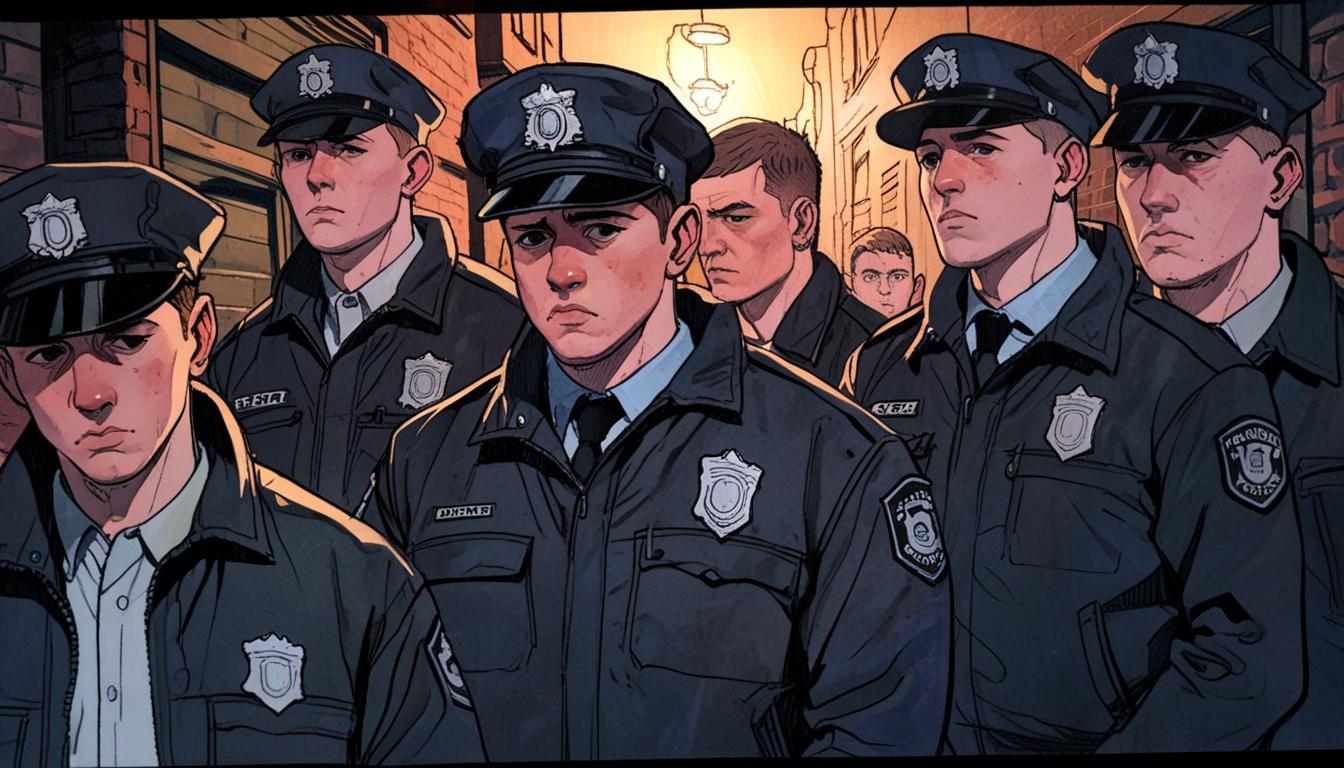Police scrutiny intensifies on the Belfast-based rap group Kneecap following calls from Katie Amess, daughter of the late MP Sir David Amess, urging the Metropolitan Police to investigate the band after a member allegedly called for Conservative MPs to be killed. This demand comes amid wider reactions to inflammatory remarks reportedly made by the group during recent performances.
Katie Amess highlighted the dangers of ignoring early threats, reflecting on the failure to protect her father before his murder. She told The Independent, “If the police had followed through and looked into threats against my dad the night before the murder, my dad would still be here. So we can't wait until after the act and then say, 'oh dear, lessons will be learned'. No, lessons are never learned.” She stressed the critical need for law enforcement to act on incitements to violence before tragedy occurs, underscoring the potential for such rhetoric to inspire individuals with harmful intentions.
Videos circulating from a November 2023 Kneecap gig appear to show a band member declaring, “The only good Tory is a dead Tory. Kill your local MP.” Another clip from a separate concert in November 2024 reportedly features a band member shouting, “up Hamas, up Hezbollah,” both of which are serious allegations given that supporting such groups is criminalised in the UK.
The Metropolitan Police confirmed they are currently assessing these video recordings as part of their ongoing review. These developments have had immediate consequences for Kneecap’s live performances. The group’s scheduled show at the Eden Project was cancelled, and there are mounting calls for their removal from the upcoming Glastonbury Festival lineup.
In response, Kneecap issued a statement on Instagram, denying any intent to incite violence. The group, consisting of Liam Og O Hannaidh, Naoise O Caireallain, and JJ O Dochartaigh, asserted, “Kneecap's message has always been – and remains – one of love, inclusion, and hope. This is why our music resonates across generations, countries, classes and cultures and has brought hundreds of thousands of people to our gigs. No smear campaign will change that.” They further distanced themselves from support of Hamas or Hezbollah and extended apologies to the families of Sir David Amess and Jo Cox, two MPs who were murdered, emphasising that hurting these families was never their intention.
Despite the apology, official and political reactions have been predominantly critical. Downing Street described the group’s apology as “half-hearted.” Conservative Party leader Kemi Badenoch called for Kneecap to be banned outright, stating, “It glorifies terrorism, it has called for MPs, politicians, to be killed.” Similarly, Home Secretary Yvette Cooper urged event promoters and the band’s management to accept responsibility. Speaking to Times Radio, Cooper condemned the remarks as “a total disgrace” and “dangerous and irresponsible.” She emphasised the importance of considering the consequences of such statements beyond the immediate context, indicating that responsibility extends beyond the performers to all parties involved in facilitating such events.
The controversy surrounding Kneecap taps into ongoing national conversations about freedom of expression, political violence, and the boundaries of artistic performance within the UK's regulatory framework. With the police reviewing evidence and public debate intensifying, organisers of future events featuring the group face increasing pressure to reconsider their participation. The incident serves as a significant marker in dialogues about accountability in public discourse and the handling of politically charged content in entertainment venues.
Source: Noah Wire Services
